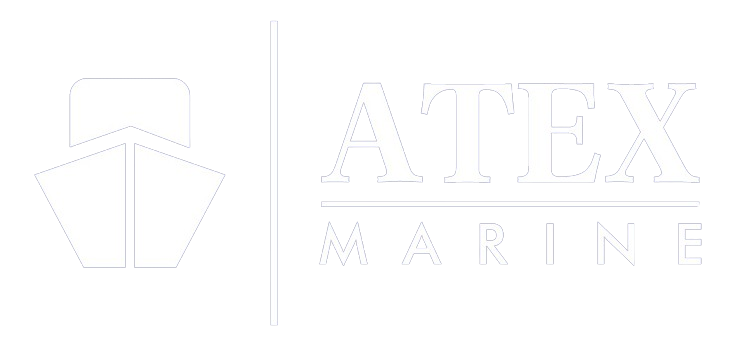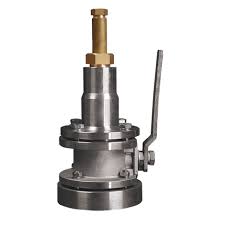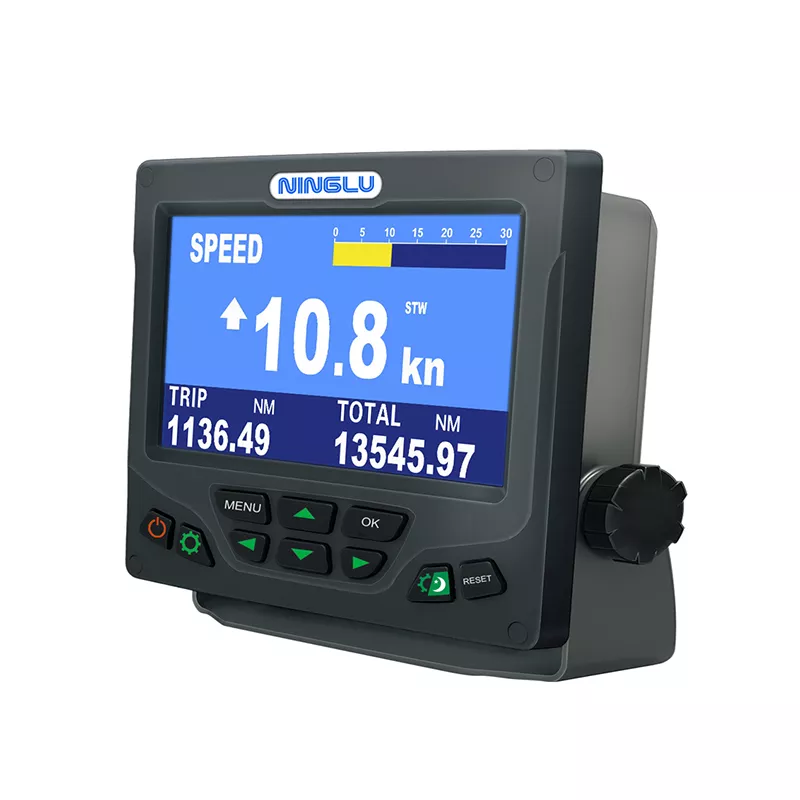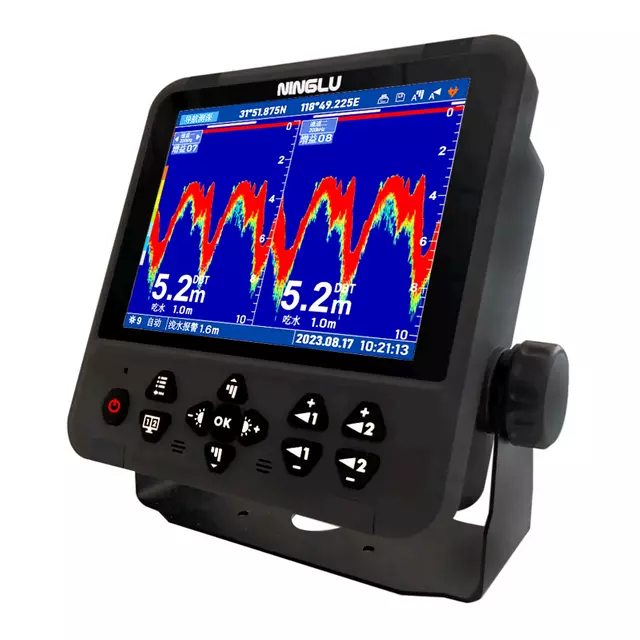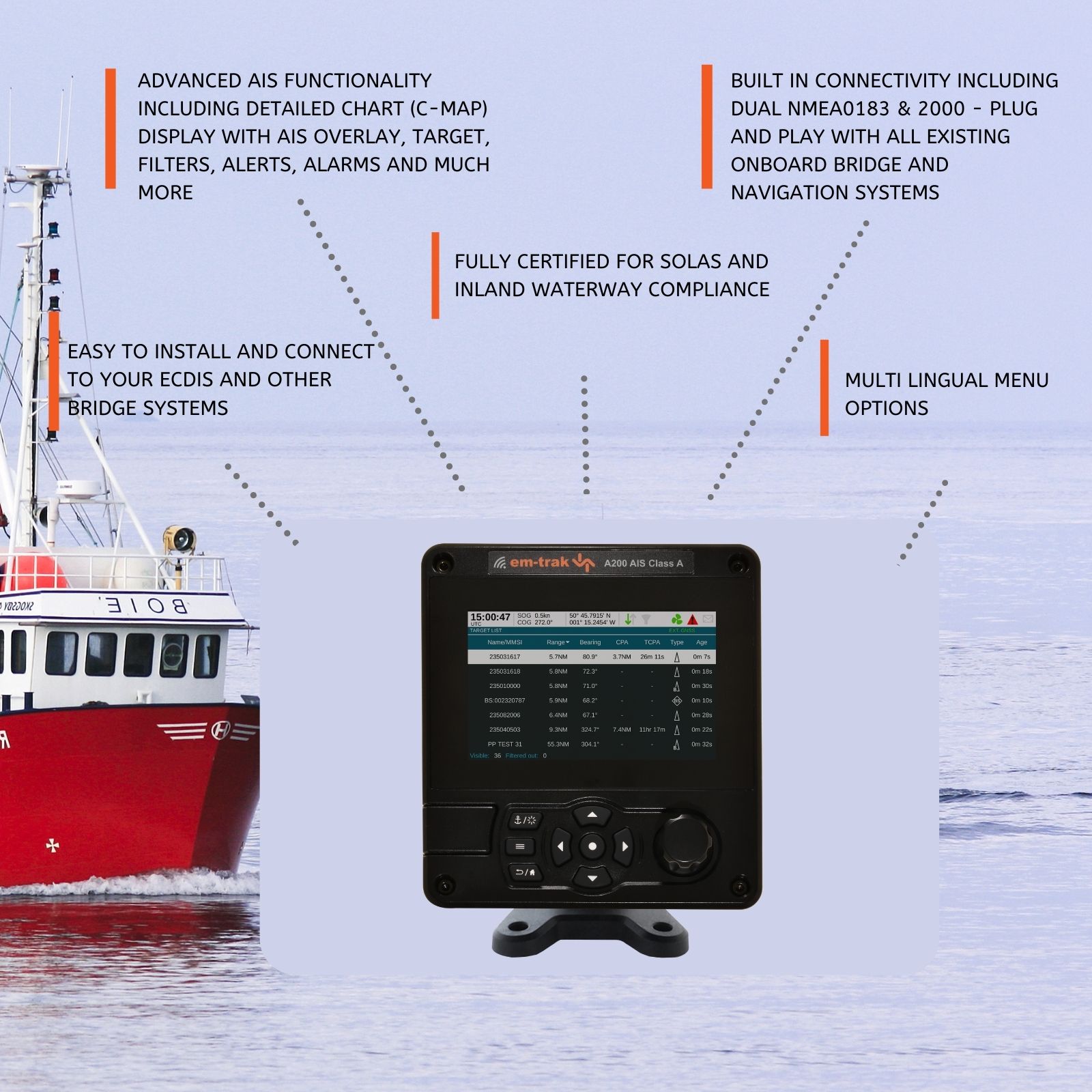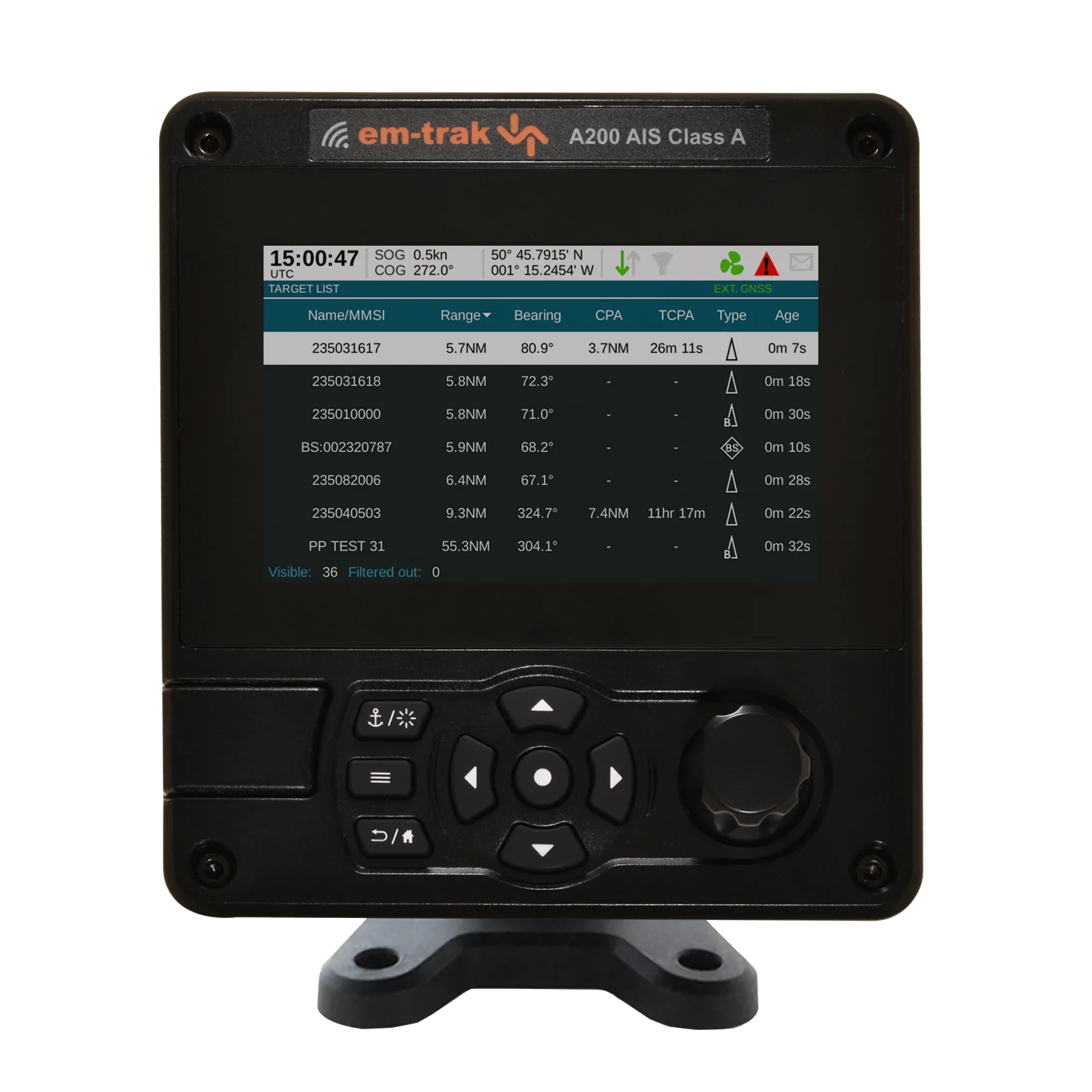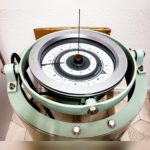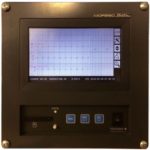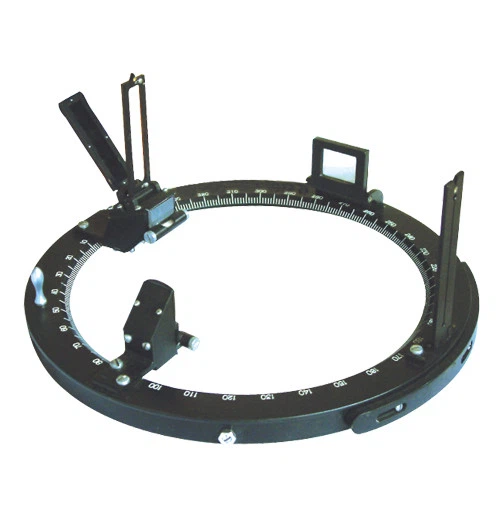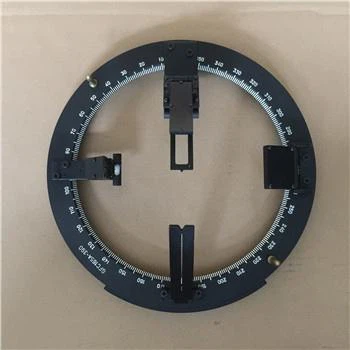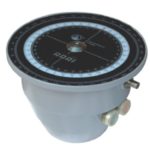Satellite Compass
Satellite Compasses are advanced navigation devices that utilize satellite signals for accurate heading information. This post explores the technology behind satellite compasses, their benefits, applications, and answers common FAQs to enhance your of this modern navigation tool.
What is a Satellite Compass?
A Satellite Compass is a navigation device that determines a vessel’s heading by processing signals from multiple satellites.
How does a Satellite Compass work?
Satellite Compasses use signals from Global Navigation Satellite System (GNSS) such as GPS, GLONASS, Galileo, and BeiDou. By comparing signals received from different satellites…
Components of a Satellite Compass
Key components include GNSS antennas, receivers, processors, and display units. Some models may also integrate gyrocompasses for enhanced accuracy.
Benefits of Satellite Compasses
Satellite Compasses offer high accuracy, reliability, and ease of installation compared to traditional gyrocompasses. They provide continuous updates and do not require…
Applications of Satellite Compasses
Satellite Compasses are used in various maritime vessels, including commercial ships, yachts, and fishing boats, for navigation, route planning, and collision avoidance.
Challenges in Using Satellite Compasses
Despite their benefits, satellite compasses may experience signal blockages in areas with tall buildings or heavy foliage. They also require…
FAQs about Satellite Compasses
| Question | Answer |
|---|---|
| What is a Satellite Compass? | A Satellite Compass determines a vessel’s heading using signals from GNSS satellites. |
| How accurate are Satellite Compasses? | Satellite Compasses can provide heading accuracy within a few degrees under normal conditions. |
| Do Satellite Compasses require calibration? | Yes, periodic calibration is necessary to maintain accuracy, especially after installation or major vessel modifications. |
| Can Satellite Compasses operate in all weather conditions? | Yes, Satellite Compasses can operate in various weather conditions, providing continuous updates. |
| Are Satellite Compasses affected by magnetic interference? | No, Satellite Compasses rely on satellite signals and are not affected by magnetic interference. |
| What is the installation process for a Satellite Compass? | Installation involves mounting GNSS antennas in a location with clear sky visibility and connecting them to the display unit. |
| How do Satellite Compasses compare to gyrocompasses? | Satellite Compasses offer easier installation, continuous updates, and lower maintenance compared to gyrocompasses. |
| Can Satellite Compasses be integrated with other navigation System? | Yes, Satellite Compasses can integrate with Electronic Chart Display and Information System (ECDIS) and Automatic Identification System (AIS). |
| Do Satellite Compasses provide real-time data? | Yes, Satellite Compasses provide real-time heading information and updates to navigational displays. |
| What are the power requirements for Satellite Compasses? | Satellite Compasses typically require low power consumption, making them suitable for long-term use on vessels. |
